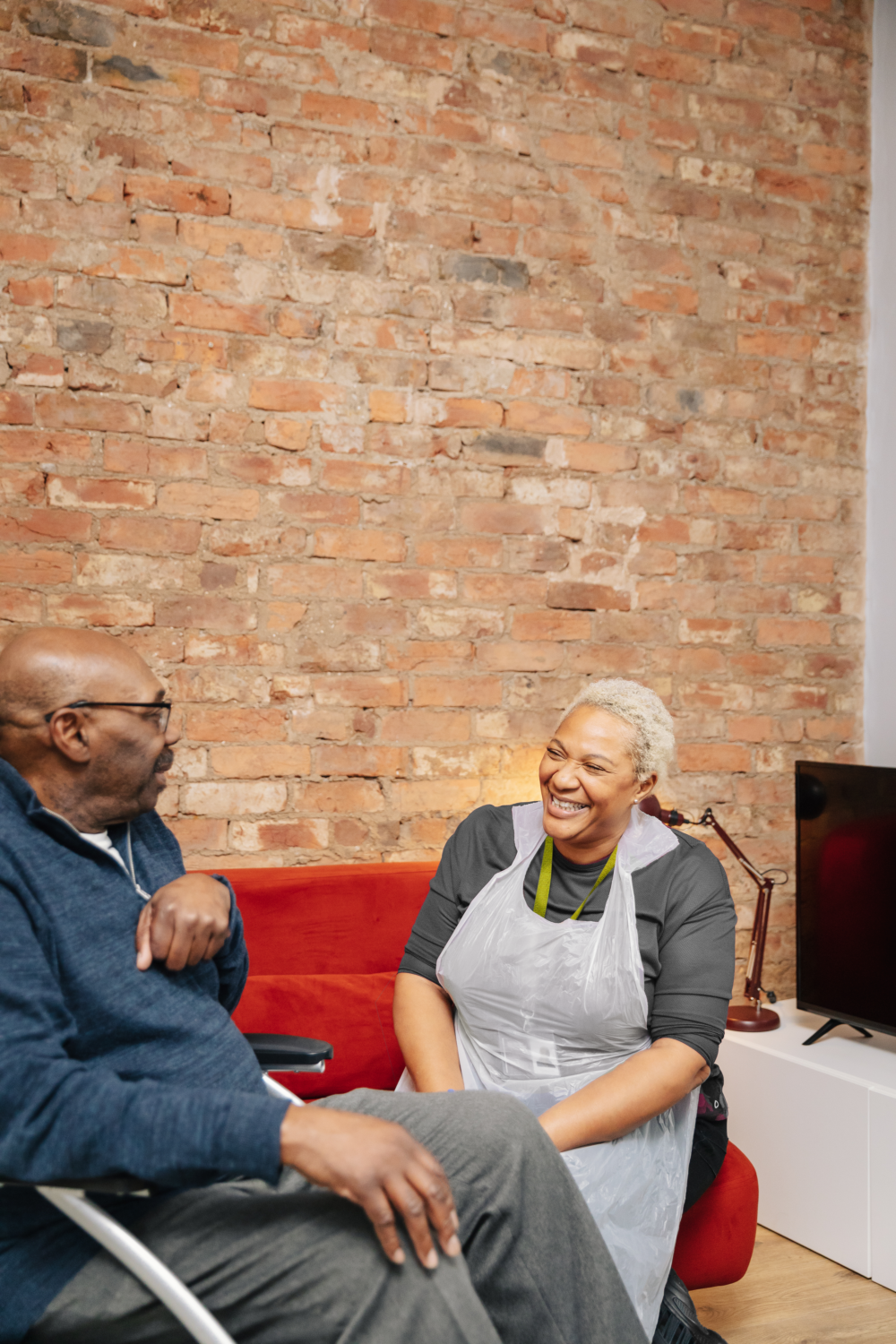Protecting the frail
Frailty can be a daunting issue to address when caring for someone eldery. However, there are several ways you can help to protect your loved one.

A major issue arising from elderly frailty is the risk of falls
However, this risk can be reduced by being better informed and by implementing simple fall prevention solutions. At Home Instead, we can provide practical advice on how your elderly loved one can regain confidence after a fall and how to prevent further accidents.For Home Instead’s Care Professionals, the physical health of our clients is a priority. Our approach to elderly frailty has been developed from many years of experience and specialist training.With proper guidance and support at home, older people can maintain their independence and stay ‘falls free’.

What are the risks involved in a fall?
A fall can be a huge setback for an older person and could cause serious injury, or even contribute to death. Falls cost the NHS more than £1 billion a year and account for four million hospital bed days. A fall can often be seen as a sign that an older person’s health or physical ability is declining, but this isn’t necessarily the case. If you’re concerned about your elderly relative’s frailty or mobility, a good first step is to take them to their GP, who can assess their overall health and well-being. They can also assess any vulnerabilities and advise on aids such as a stick or walker, which could help with daily living activities. With proper guidance and support at home, older people can maintain their independence and stay ‘falls free’.

Top tips to aid in fall prevention
Keep active:
Regular activities to improve strength and balance can reduce the chances of falling (e.g. using the stairs frequently; strength exercises with weights or resistance bands; and Tai Chi or dancing).
Keep your home safe:
A major cause of falls is tripping over hazards such as frayed rugs or furniture. Minimise this risk by keeping the home as clutter-free and well-lit as possible.
Keep well:
Good health can reduce the risk of falling. Older adults should keep up to date with medical appointments and check their medications: some can cause drowsiness or dizziness, which may cause a fall.
Keep nourished:
A healthy, balanced diet including less sugar and staying hydrated helps to maintain a healthy body and can lessen the risk of falling.
Get in touch today to
see how we can help